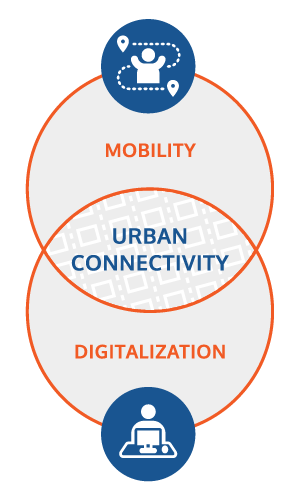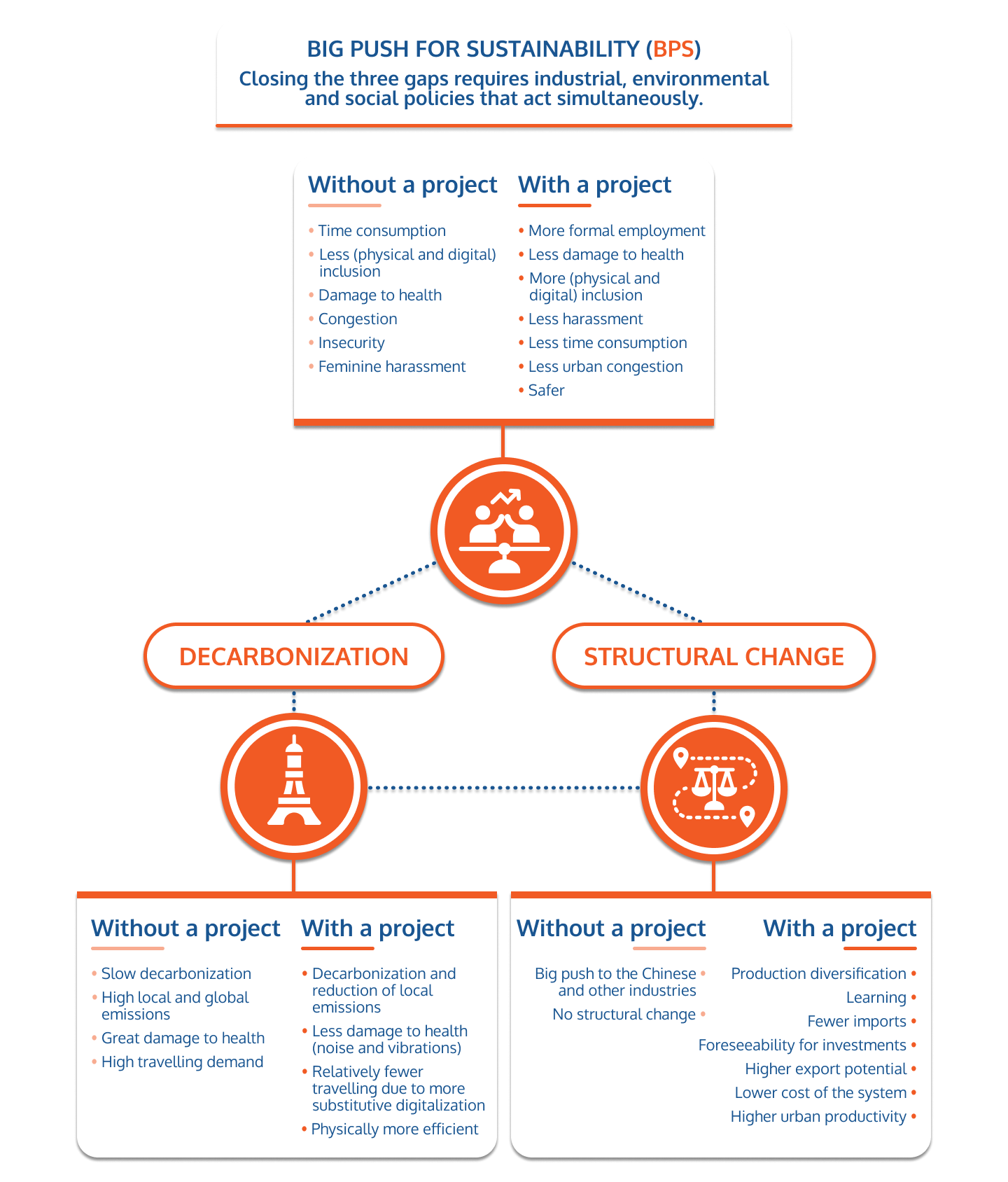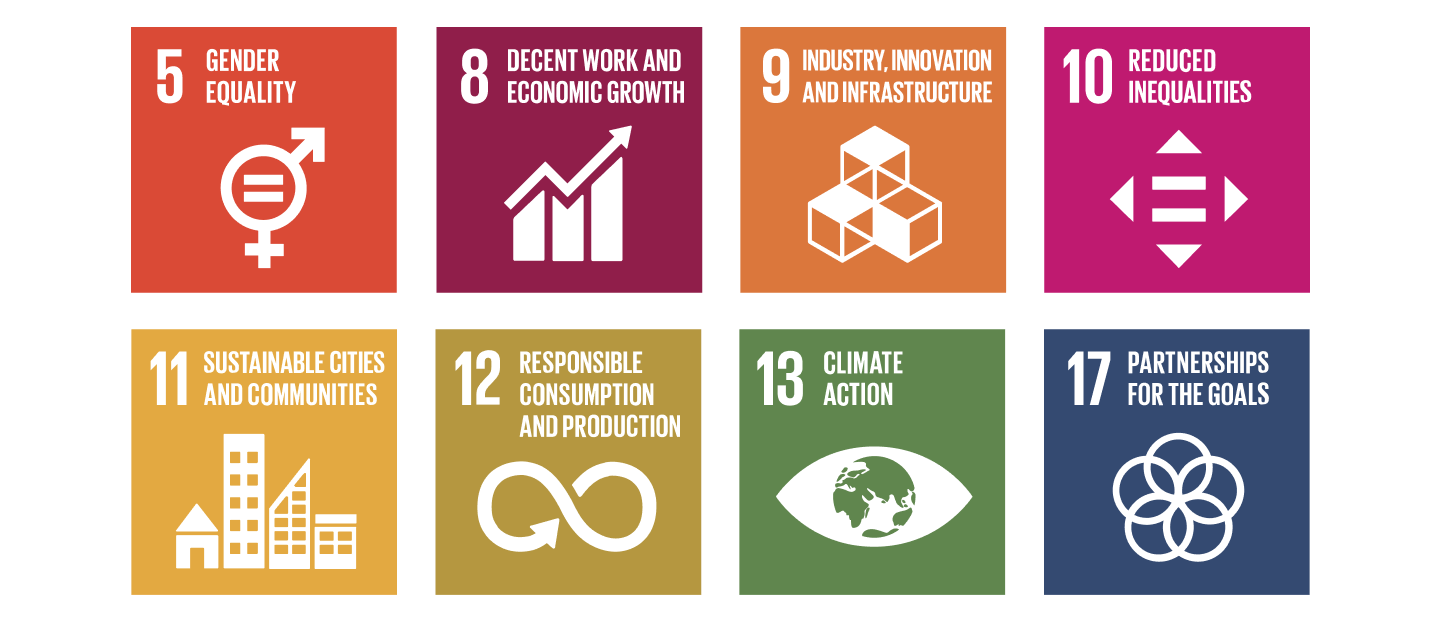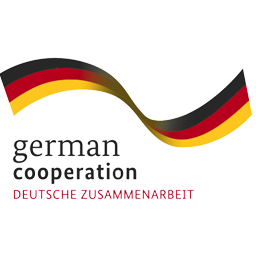Inclusive, sustainable and smart cities in the framework of the 2030 Agenda for sustainable development in Latin America and the Caribbean
The ECLAC-BMZ/giz Cooperation Program 2020-2022 aims to improve ECLACs and its selected member countries' technical and institutional bases to promote sustainable development in the field of urban connectivity. This is understood as the mobility of goods, people and services, for which the impacts of digitalization are hold into consideration.

To contribute to more inclusive, sustainable and intelligent cities, better connectivity and the transformation of the urban mobility sector in Latin America and the Caribbean, the principles of the Big Push for Sustainability (GIS) will be promoted. This requires the use of tools to support planning, management and estimation of the demand for connectivity in the region's cities, in order to guide the regional industry with regard to the market potential for sustainable mobility solutions. To this end, an informed dialogue will be pursued between the demand for connectivity in Latin American and Caribbean cities and the regional industry’s potential to meet that demand at the appropriate scale.
Another factor to consider when encouraging sustainable, inclusive and intelligent urban connectivity is to adequately address the health, economic and social crisis produced by COVID-19. Due to the pandemic, it is necessary to rethink urban connectivity in terms of social distancing, and to know that the economic crisis produced by COVID-19 may cause changes as to how different social groups mobilize. It is an interesting challenge to promote and implement strategies for a structural change that protects the environment, is inclusive and agrees with the needs arising from the health and socio-economic effects of the pandemic.
In the words of ECLACs Executive Secretary, Alicia Bárcena, ECLAC promotes a “Big Push for Sustainability”, which is an approach based on policy coordination to mobilize and accelerate sustainable investments that will drive a new virtuous cycle of economic growth by generating jobs and revenues and reducing inequalities and structural gaps, while maintaining and regenerating the natural resource base on which development depends”.

To achieve this goal, work will be carried out around two main purposes, together with the mentioned conceptual axis - the Big Push for Sustainability (GIS) developed by ECLAC: strengthening intra-regional cooperation, in terms of capacities and competencies, and exchanging experiences at an inter-regional level. These two elements aim to ensure learning and knowledge exchange for the promotion of inclusive, sustainable and intelligent urban connectivity in the region. With this perspective, the program will contribute to the following Sustainable Development Goals (SDG) of the 2030 Agenda:

The program is implemented through three intersectoral and interdisciplinary working groups (clusters), formed by the substantive divisions of ECLAC, while case studies of cities in Latin America, including Buenos Aires, Mexico City, Bogota and Sao Paulo, are carried out. Additionally, there is collaboration with the Deutsches Institut für Entwicklungspolitik (DIE), the German Institute for Development, responsible for carrying out comparative studies in three Asian cities, Shenzhen (China), New Delhi (India) and Jakarta (Indonesia), to promote interregional exchange.
Contributes to the identification of demographic, socio-economic and spatial characteristics of Latin American and Caribbean cities that influence inclusive demand and supply of mobility. Some activities to be carried out are creating a model of spatial urban growth and studying international cases and practices.
Assists in identifying how technological development, changes in consumption patterns and environmental commitments impact on connectivity in the region's framework of equality until 2030. Some activities to be developed are technological solutions and connectivity offers.
Supports the identification of the regional industry's response capacity to changes in the demand and supply of connectivity until 2030. This cluster also defines the policies required to promote, integrate and finance the sector in the region, including the structuring of an energy matrix. Among the proposed activities are value chains and regulatory harmonization.







